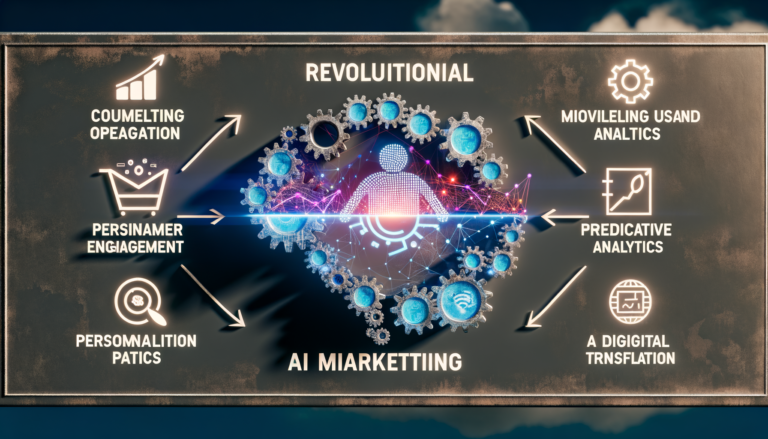Introduction
In the realm of marketing, persuasion is more than just an art; it’s a science. As marketers, understanding the nuances of how persuasion works can significantly enhance our ability to influence customer behavior and drive successful outcomes. This deep dive into scientific persuasion techniques will illuminate powerful strategies that can transform your marketing efforts.
The Science of Persuasion in Marketing
Psychological principles play a pivotal role in crafting effective marketing strategies. By tapping into these principles, marketers can create more engaging and influential campaigns. Let’s explore three key rules that harness the power of persuasion through scientific understanding.
Rule 1: Leverage Future Commitments (Temporal Discounting)
Temporal discounting is a fascinating psychological phenomenon that impacts how we perceive the value of future rewards versus immediate rewards. The farther away an event is, the less impact it seems to have, which influences decision-making significantly.
In educational environments, for instance, students demonstrate a higher willingness to commit to tasks like tutoring when these tasks are scheduled for a future term rather than the immediate term. A notable study highlighted that commitments rose to 85 minutes per week when students were asked to tutor in the following term, compared to 27 minutes for the current term. Applying this in marketing, by asking for future commitments—like subscribing to a service to start next month—we enhance the likelihood of gaining customer agreement.
Rule 2: Utilize Social Proof
The concept of social proof is rooted deeply in our psychology. It suggests that people are likely to emulate the actions of the majority. This is apparent in scenarios such as hotel guests choosing to reuse towels more frequently when informed that the majority of guests also do so.
In marketing, leveraging social proof can be a powerful persuasion tool. Testimonials, user reviews, and case studies are all examples of social proof that reassure potential customers of the credibility and reliability of your offerings. For instance, showcasing customer success stories can significantly boost conversion rates.
Rule 3: The Power of Framing Questions
The way in which questions are framed, known as the “primes effect,” can greatly influence the responses received. Framing questions to elicit positive self-reflection increases the likelihood of affirmative responses. For instance, asking passersby if they consider themselves helpful before requesting participation in a survey significantly boosts survey response rates.
In marketing, the strategic formulation of questions in surveys, social media engagement, and customer feedback mechanisms can profoundly aid in persuasive communication. Crafting questions that align with your audience’s self-perception and values enhances engagement and fosters a positive association with your brand.
Implementing Persuasion Techniques Ethically
While the power of persuasion is immense, it is crucial to apply these techniques ethically, ensuring transparency and authenticity in all marketing communications. This balance is not only crucial for maintaining the trust and loyalty of your customers but also for upholding the integrity of your brand.
Conclusion
This exploration into scientific persuasion techniques illuminates just how impactful these approaches can be when properly implemented in marketing strategies. By understanding and applying these principles, marketers can significantly enhance the effectiveness of their campaigns, ultimately achieving greater business success.
Additional Tips for Marketers
- Ensure your messaging is clear and concise to maximize understanding and retention.
- Employ storytelling to make your campaigns relatable and engaging.
- Incorporate visual aids to support and enhance your message.
- Maintain authenticity and strive to build long-term trust with your audience.










